Discover Volts
Volts

Volts
Author: David Roberts
Subscribed: 894Played: 78,075Subscribe
Share
© David Roberts
Description
Volts is a podcast about leaving fossil fuels behind. I've been reporting on and explaining clean-energy topics for almost 20 years, and I love talking to politicians, analysts, innovators, and activists about the latest progress in the world's most important fight. (Volts is entirely subscriber-supported. Sign up!)
www.volts.wtf
www.volts.wtf
392 Episodes
Reverse
Why do so many influential voices spend their time policing the manners of the left while the right dismantles democracy? In this episode, Michael Hobbes — cohost of the much-celebrated “If Books Could Kill” podcast — joins me to discuss the “reactionary centrist,” a type of commentator who believes that both sides are to blame for everything and demonstrates this by spending every waking moment scolding Democrats. This is a public episode. If you'd like to discuss this with other subscribers or get access to bonus episodes, visit www.volts.wtf/subscribe
Rooftop solar costs nearly three times as much in the US as it does in Australia, largely due to the "paperwork tax" imposed by thousands of fragmented local jurisdictions. I talk with Nick Josefowitz of Permit Power and solar veteran Andrew Birch about how to slash these soft costs through automated permitting and standardized interconnection. We discuss how these bureaucratic fixes could unlock dirt-cheap energy for American families without the need for subsidies. This is a public episode. If you'd like to discuss this with other subscribers or get access to bonus episodes, visit www.volts.wtf/subscribe
Everyone is talking about virtual power plants, but as I discuss with EnergyHub CEO Seth Frader-Thompson, not all VPPs are created equal. We get nerdy on the various stages of VPP maturity and the specific technical requirements that VPPs must meet to truly compete with conventional power plants rather than just acting as “enhanced demand response.” This is a public episode. If you'd like to discuss this with other subscribers or get access to bonus episodes, visit www.volts.wtf/subscribe
I’In this episode, I chat with Swedish tech entrepreneur Jonas Birgersson about his radical plan to apply the architecture of the internet—packet switching, buffering, and decentralized routing—to the electricity grid. We explore how his “EnergyNet” concept uses power electronics to create galvanically separated microgrids that stop cascading failures and allow neighbors to share power directly. It is a mind-bending look at how treating electrons like data could lead to unlimited energy for a low fixed fee. This is a public episode. If you'd like to discuss this with other subscribers or get access to bonus episodes, visit www.volts.wtf/subscribe
Conventional geothermal energy is limited to specific hot spots, but “closed-loop” geothermal, by going deeper and confining water to sealed boreholes, promises to work almost anywhere; it amounts to building a giant radiator, deep underground. I’m joined by Jeanine Vany and Mark Fitzgerald of pioneering closed-loop startup Eavor to discuss their newly operational plant in Germany and the many advantages of a system that requires no fracking and consumes no water. This is a public episode. If you'd like to discuss this with other subscribers or get access to bonus episodes, visit www.volts.wtf/subscribe
In this episode, I’m joined by Kate Slevin of the Regional Plan Association to discuss the triumphant first year of congestion pricing in Manhattan. We explore how the program defied its critics by boosting business and pedestrian traffic while reducing gridlock, without evident traffic spillover onto adjacent streets. We also cover the money that’s been raised for public transit and what the future holds for the congestion relief zone. This is a public episode. If you'd like to discuss this with other subscribers or get access to bonus episodes, visit www.volts.wtf/subscribe
Hawaii Senator Brian Schatz joins me to discuss the energy policy landscape facing Democrats and how they should respond. We touch on the shift in messaging from “climate” to “affordability,” current Congressional Republican efforts on permitting reform in light of Trump’s anti-renewables crusade, the role of green groups in climate politics, and much more. This is a public episode. If you'd like to discuss this with other subscribers or get access to bonus episodes, visit www.volts.wtf/subscribe
Why can Australian homeowners get rooftop solar installed in a week or less, for roughly 50 cents a watt, while Californians pay $3.30/w and wait months for interconnection? In this episode, I ask inimitable Australian energy expert Saul Griffith to walk us through the entire process — from quote to interconnection — to pinpoint exactly where the US system is broken and how we could fix it. This is a public episode. If you'd like to discuss this with other subscribers or get access to bonus episodes, visit www.volts.wtf/subscribe
The problem of misinformation in the current age, argues political scientist Samuel Bagg, is not that reliably truth-producing institutions and practices don’t exist, but that people have ceased to trust them. Changing that requires something deeper than factchecking or media literacy. It’s a matter of social identity, and solving it will mean reconfiguring the social identity landscape. I talk with Bagg about that daunting conclusion and its implications for democracy. This is a public episode. If you'd like to discuss this with other subscribers or get access to bonus episodes, visit www.volts.wtf/subscribe
Senator Ruben Gallego (AZ) joins me to discuss his new energy plan, which combines elements of the Inflation Reduction Act with a new focus on permitting reform and small modular nuclear reactors. We get into all of it, from the promise of nuclear energy to the role community consultation. This is a public episode. If you'd like to discuss this with other subscribers or get access to bonus episodes, visit www.volts.wtf/subscribe
In this episode, Aliya Haq unpacks how her two decades in the climate movement have reshaped her view of what works. After six years working at Bill Gates’ Breakthrough Energy initiative, she has launched the Clean Economy Project, which will push for grid upgrades, market reforms, and innovation to make clean energy cheaper and more abundant. We wrestle with the politics of it all. This is a public episode. If you'd like to discuss this with other subscribers or get access to bonus episodes, visit www.volts.wtf/subscribe
I’m joined by Brian Turner and Kathleen Staks to unpack the details of the newly authorized Regional Organization for Western Energy (ROWE), a unique “à la carte” RTO designed to unify the western US grid without trampling on state independence. We discuss the transition from the existing imbalance market to a full day-ahead market, the safeguards built into the bylaws to protect state clean-energy policies, and the politics of getting 38 separate balancing authorities to cooperate. This is a public episode. If you'd like to discuss this with other subscribers or get access to bonus episodes, visit www.volts.wtf/subscribe
Why is a deregulated state like Illinois suddenly embracing central planning? In this episode, I talk with Kady McFadden and John Delurey about the state’s decision to empower its utility commission to directly procure clean energy. We discuss why capacity markets are too slow for the current environment and their strategy of aggressively framing renewables and storage not just as green, but as the only “fast and cheap” way to protect ratepayers from price spikes. This is a public episode. If you'd like to discuss this with other subscribers or get access to bonus episodes, visit www.volts.wtf/subscribe
This is a free preview of a paid episode. To hear more, visit www.volts.wtfWith load growth projections all over the map and politicians zeroing in on high electricity prices, I take a step back in this audio essay to ask how we should build the grid in the face of massive uncertainty. The answer lies in modular, distributed technologies that strengthen the system regardless of whether the AI bubble eventually bursts.
Will cheap, DIY solar reach American renters? In Germany, millions of people plug solar panels directly into wall outlets like any other appliance, but in the US, red tape makes it ludicrously costly. I chat with Cora Stryker of Bright Saver about how “balcony solar” (AKA “plug-in solar”) is booming in Europe and making its way to America, starting in Utah. We discuss the technical and safety issues, the regulatory hurdles, and the solar “gateway drug” effect. This is a public episode. If you'd like to discuss this with other subscribers or get access to bonus episodes, visit www.volts.wtf/subscribe
Energy strategist Kingsmill Bond joins me to explain why the transition to “electrotech” is unstoppable, whether or not politicians care about climate change. It’s not the reduced emissions, it’s physics (electrotech is more efficient) and economics (it’s cheaper). Despite political headwinds in the US, China and emerging economies are racing ahead with electrification and sector after sector is seeing peak fossil fuel consumption. There’s no stopping it: electrons will triumph over This is a public episode. If you'd like to discuss this with other subscribers or get access to bonus episodes, visit www.volts.wtf/subscribe
Environmentalism has typically focused on outdoor air quality, but climate change is pushing more people indoors more of the time, even as airborne pathogens and wildfire smoke challenge indoor air quality. I discuss the fight for better indoor air with Dr. Georgia Lagoudas, who recently coordinated a global pledge declaring it a basic human right. We dig into what pollutes indoor air, the technologies that can keep it clean, and the enormous social and economic benefits clean air in schools. This is a public episode. If you'd like to discuss this with other subscribers or get access to bonus episodes, visit www.volts.wtf/subscribe
Distributed energy resources are everywhere, but connecting buyers and sellers is a coordination nightmare; I talk with James Johnston, whose company Piclo is tackling that problem head-on. He explains how they’ve built a transparent, open marketplace where utilities and other buyers can procure flexibility as a simple commodity from a wide range of sellers. We discuss how this model is already working in the UK and how it could allow data centers to pay for faster grid access in the US — potentially unlocking billions in private investment for VPPs. This is a public episode. If you'd like to discuss this with other subscribers or get access to bonus episodes, visit www.volts.wtf/subscribe
In this episode, I welcome back Caroline Spears from Climate Cabinet for a post-election debrief that, unlike last year’s, is full of good news. We explore how a slate of pro-climate candidates defied expectations in tough districts across the country, driven by a powerful backlash against the Trump administration. This is a public episode. If you'd like to discuss this with other subscribers or get access to bonus episodes, visit www.volts.wtf/subscribe
In this episode, I chat with Nick Chaset, CEO of Octopus Energy US, about bringing the company’s customer-focused, tech-forward model to America. We get into the details of how Octopus simplifies home energy management for its retail customers and its plan to help regulated utilities do the same. We also touch on ambitious ideas like the “Zero Bills” home and how to build gigawatt-scale virtual power plants that benefit both consumers and the grid. This is a public episode. If you'd like to discuss this with other subscribers or get access to bonus episodes, visit www.volts.wtf/subscribe



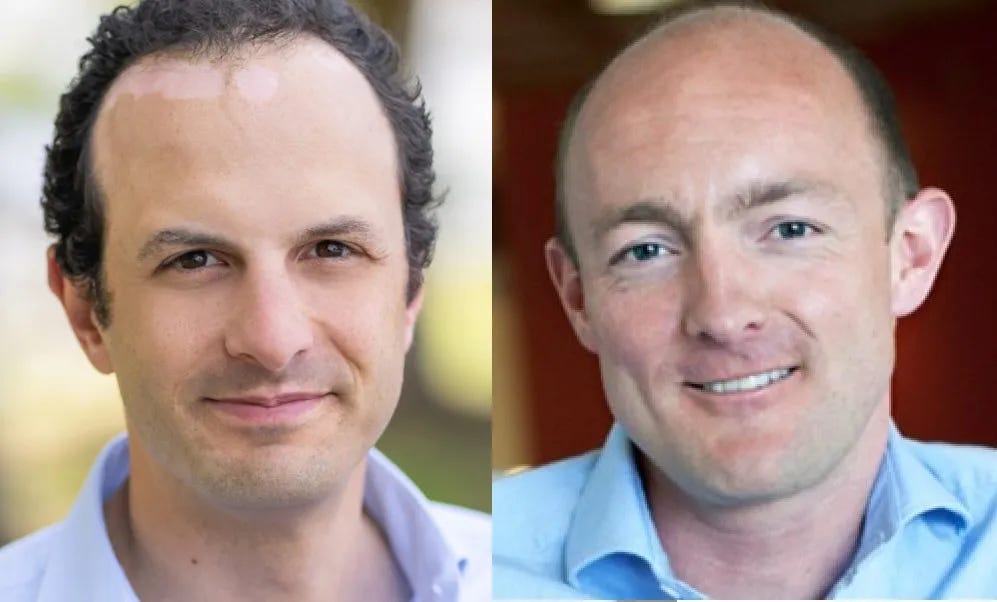


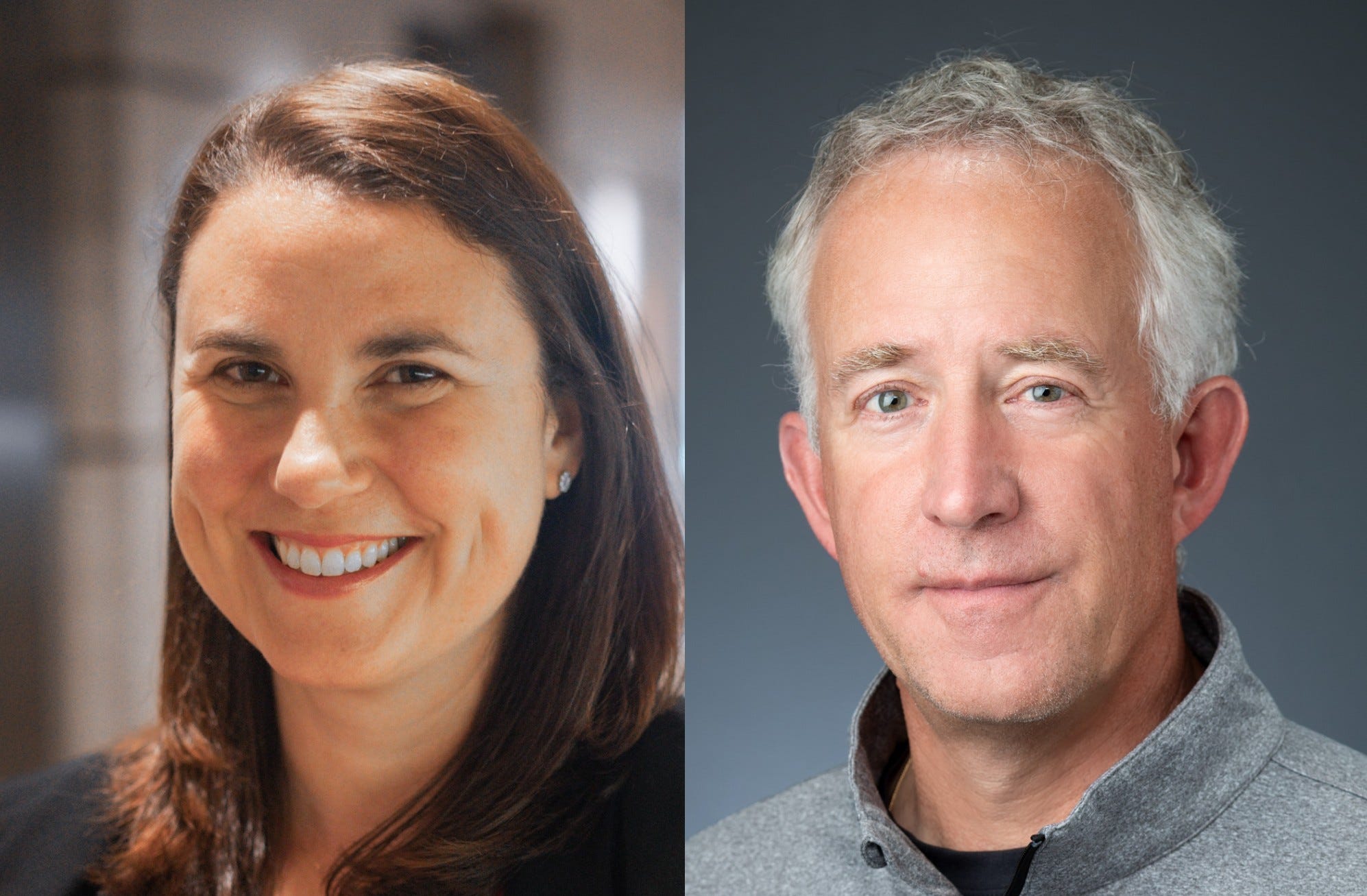
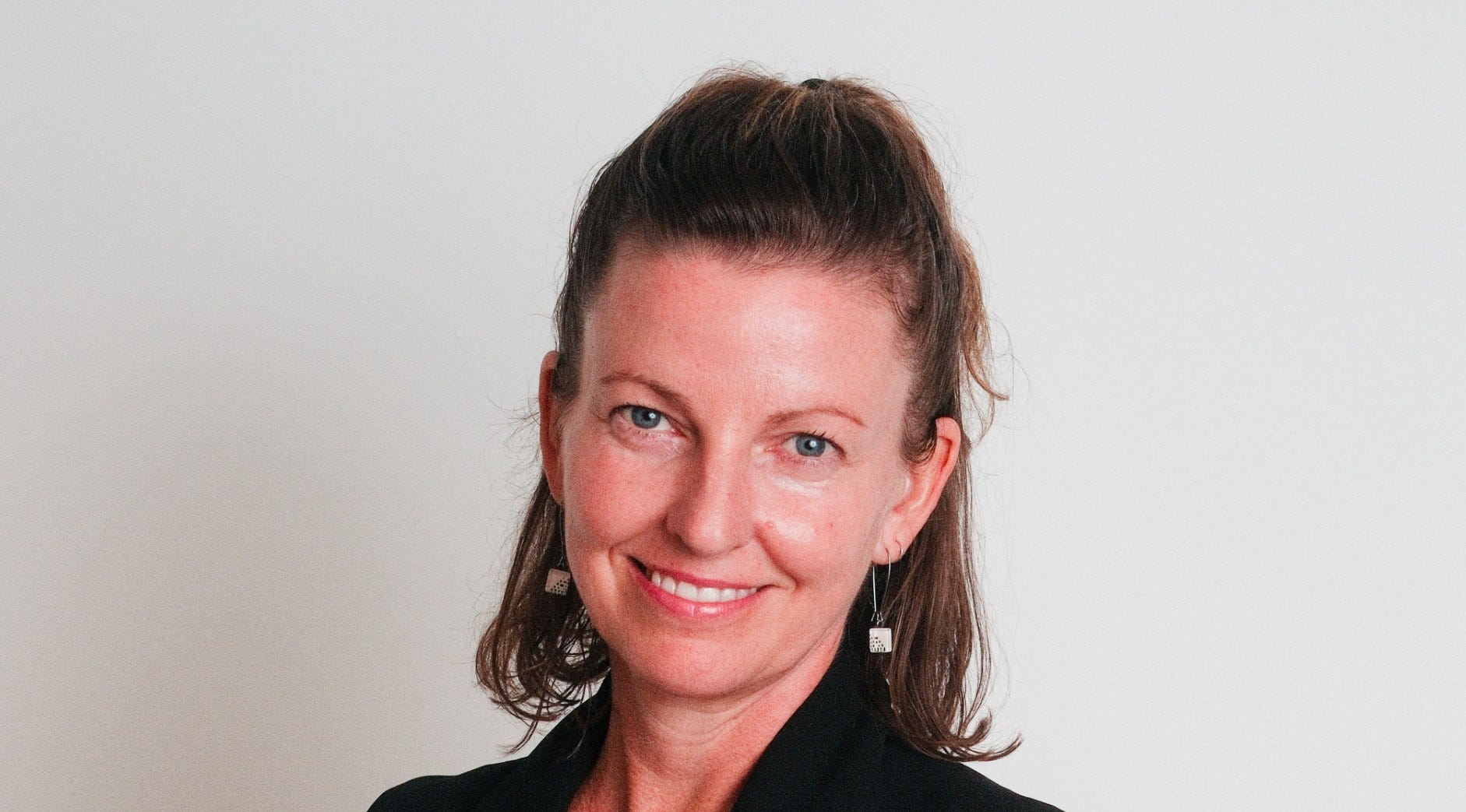
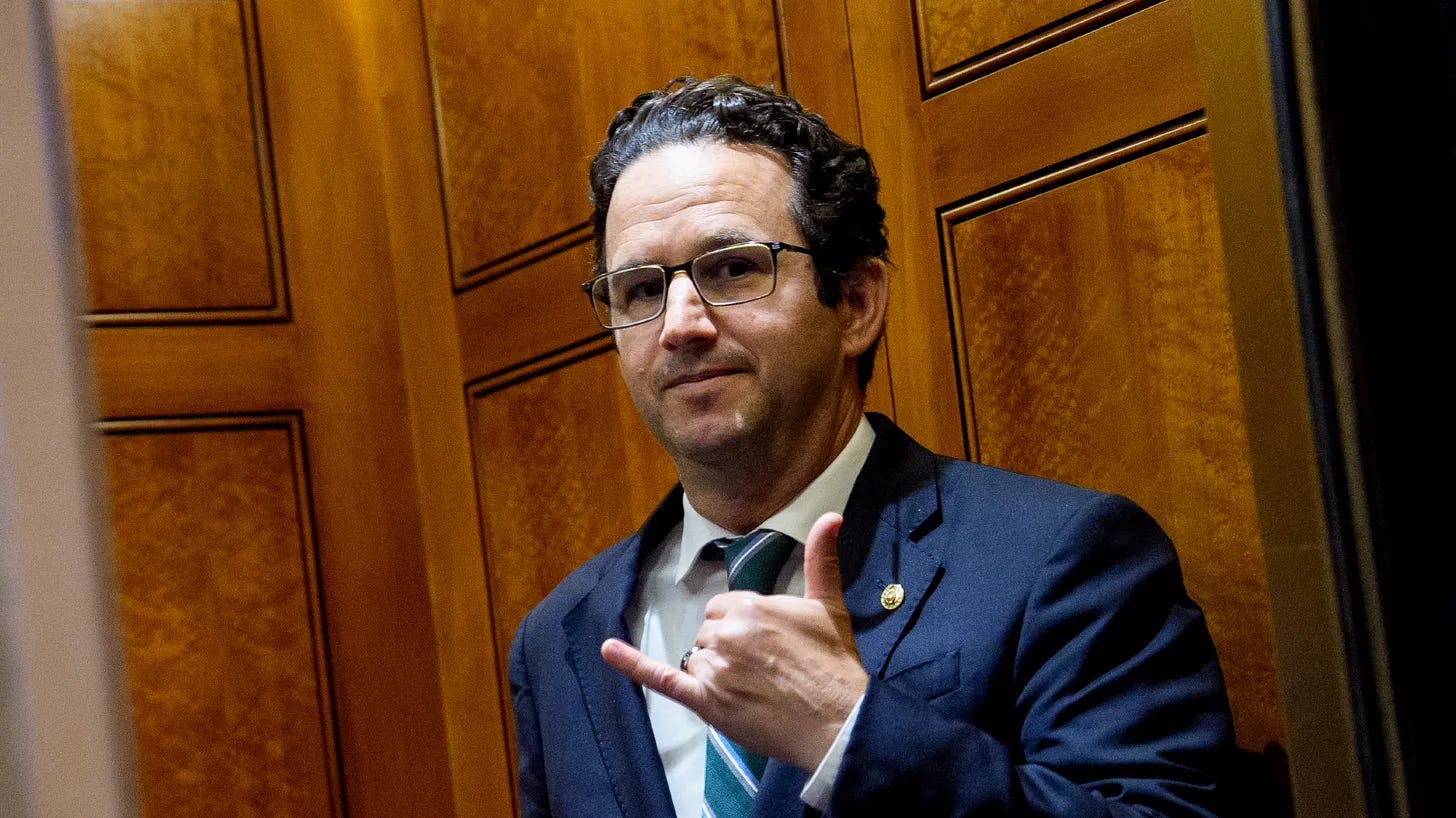
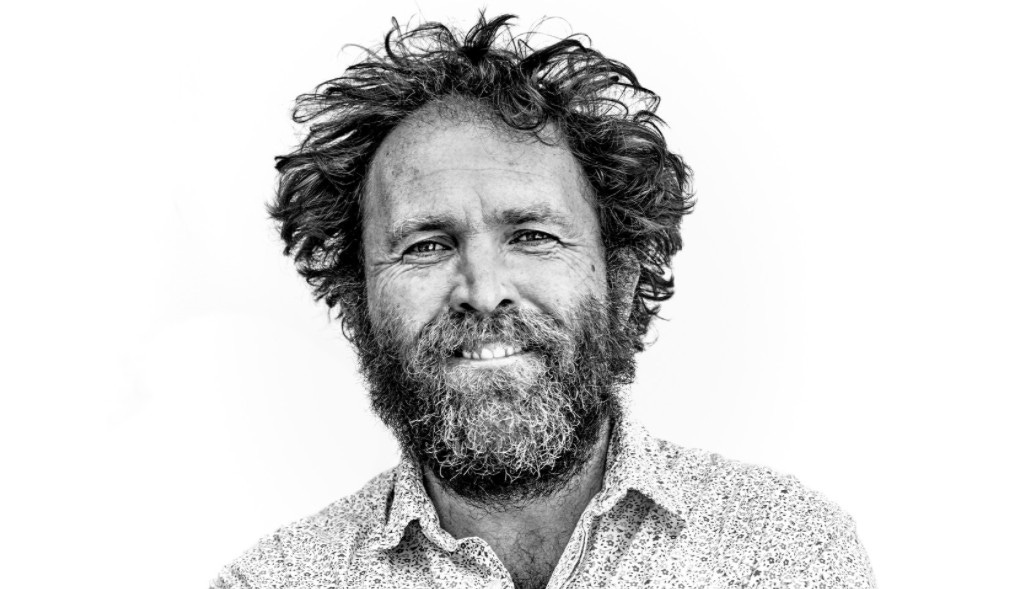



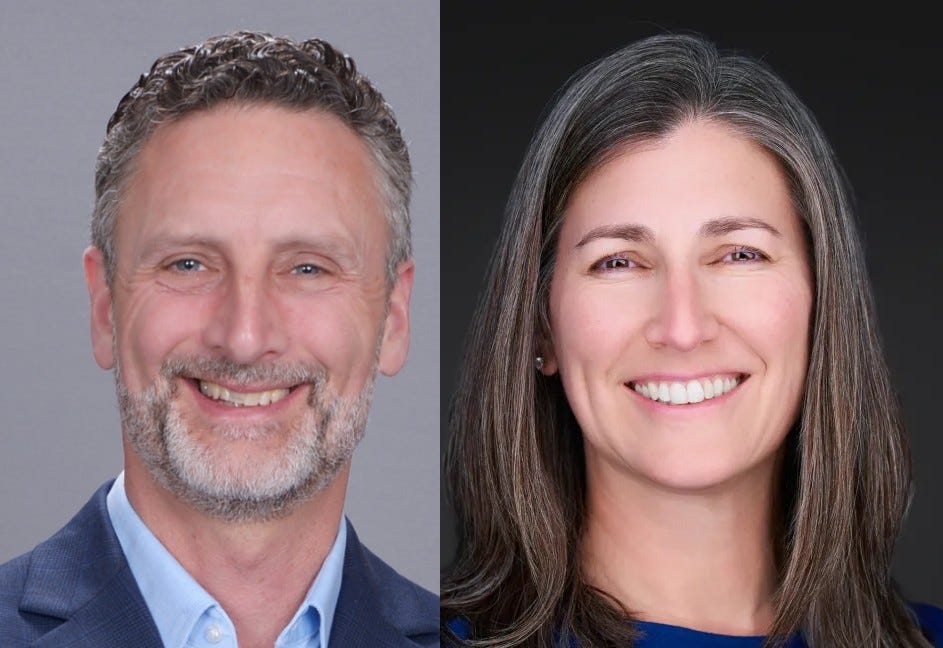



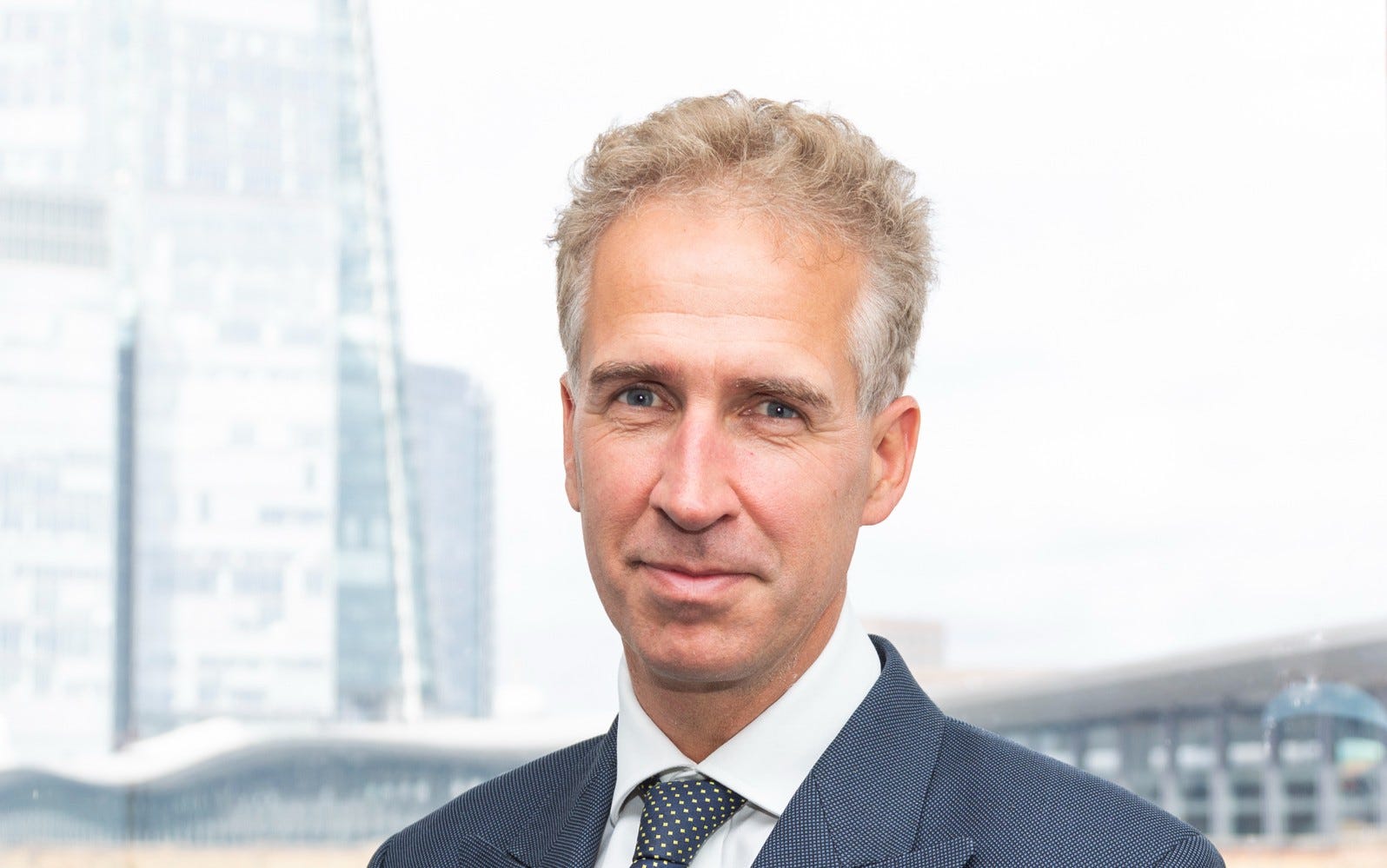

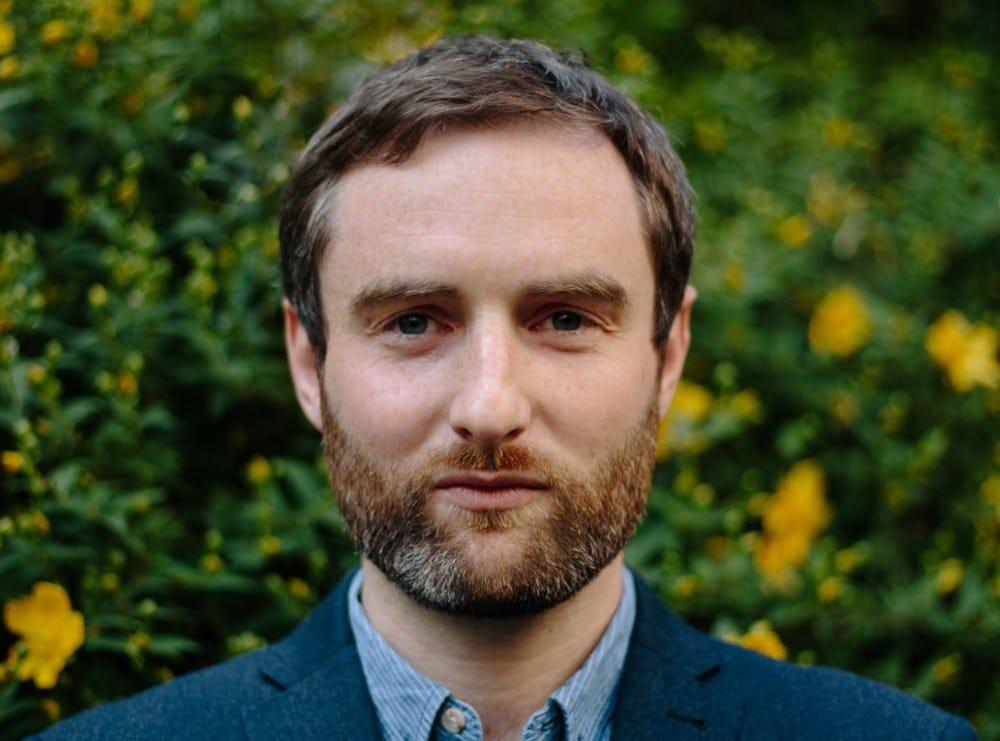

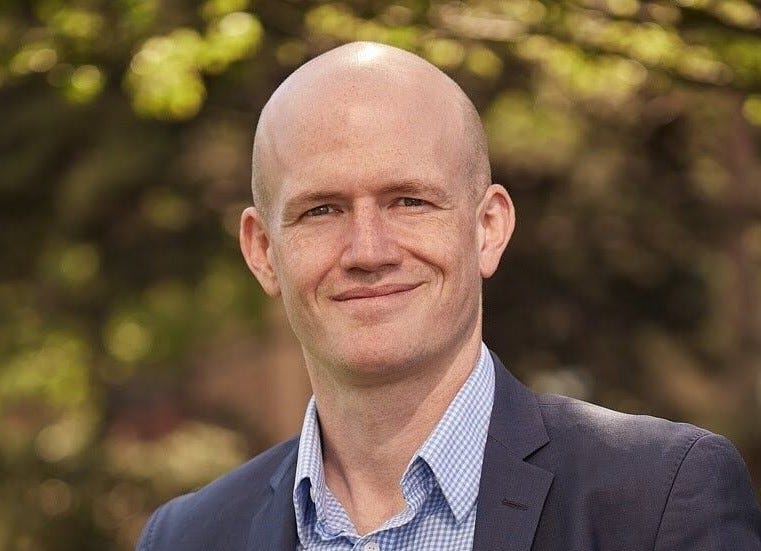



a brilliant episode. it stands out even against the other excellent ones.
A bad idea on any account.
brilliant episode. so much incisive commentary with great nuanced perspective.
I've listened :) great info, thank you! could you please address one more question: are there plans included in this IRA, or elsewhere, how to supply quality engineers to the new green technologies ( invention, production, etc). i'm especially interested in (well, worried) that this new enthusiasm might be single-focused and sometimes won't have time to evaluate 360 impact. Just one example: dams had to be destroyed because we found out they were not friendly to salmon. anyhow: are the plans to train (obtain) engineers and workforce in this hurry that is smart enough to not make such mistakes.